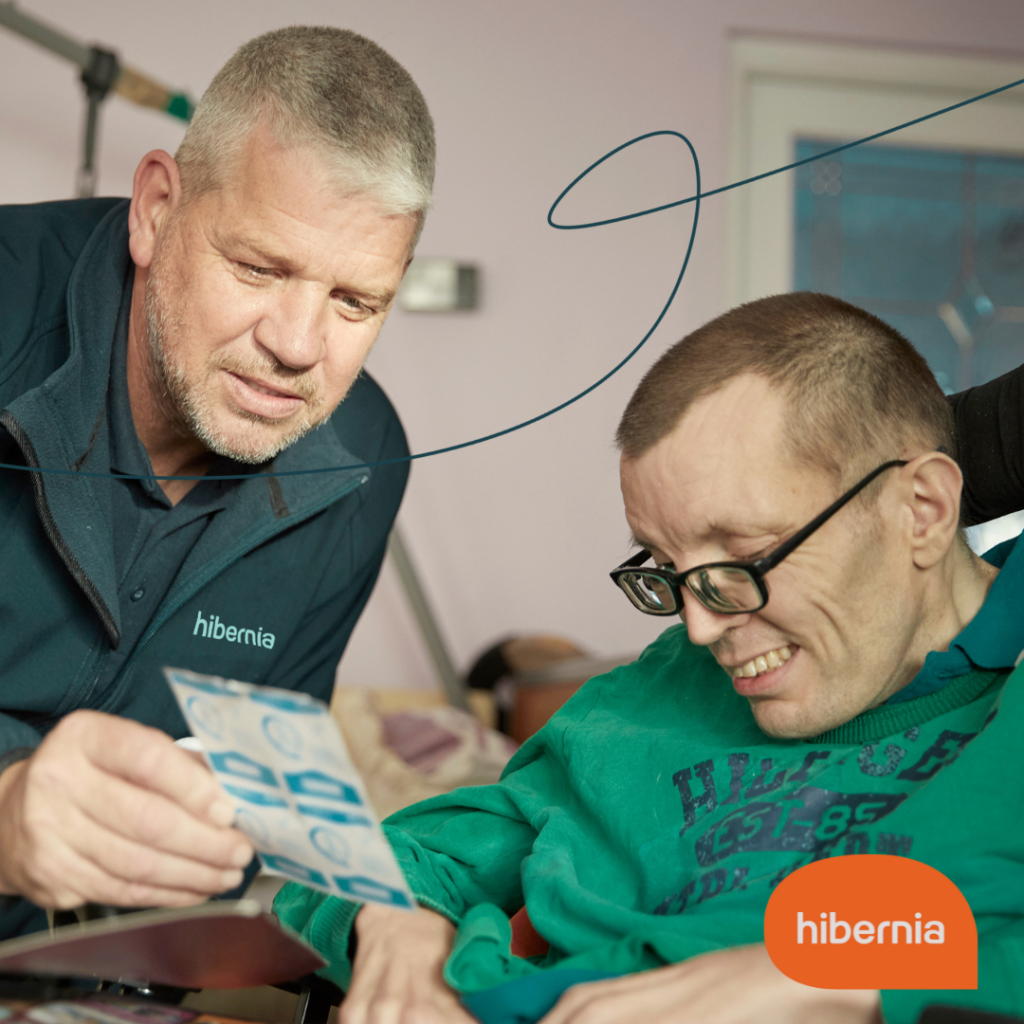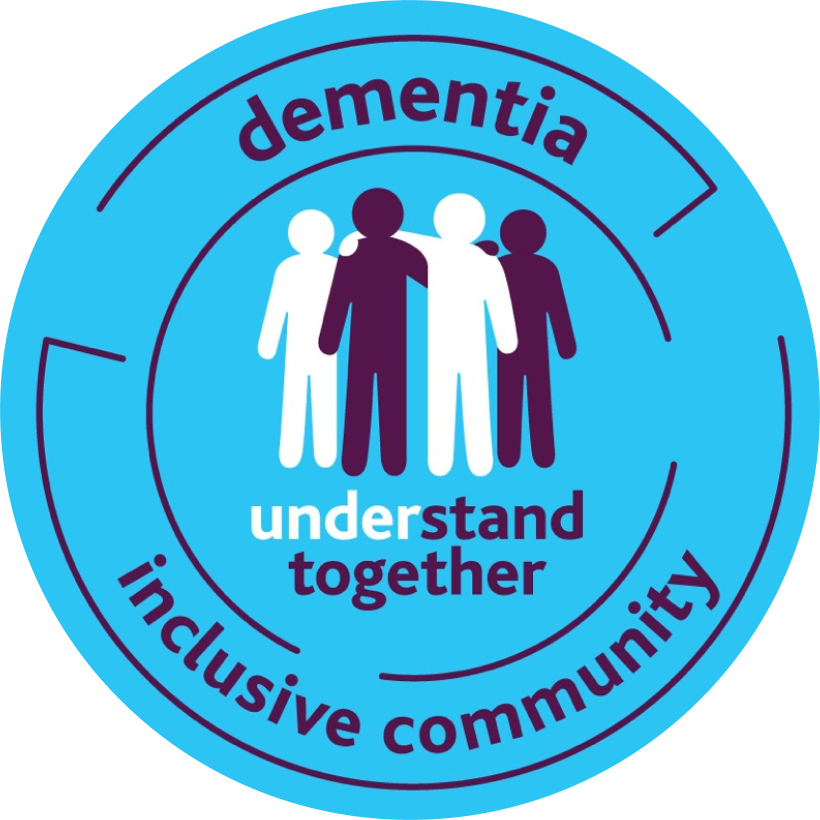Disability care at home can be life changing – but what does it entail? Here is everything you need to know.
Those with disabilities often need a specialised form of care, whether that be on a full-time or part time basis. Each individual will have different needs and challenges which all depend on the type and severity of their disability. Enlisting the correct form of disability care at home can help a person live independently, safely and with dignity.
But what is disability care, and will at-home care be suitable for you or a loved one?
What is a disability?
Firstly, it is important to understand what a disability is and the many forms it can take.
A disability is any condition of the body or mind that makes it more difficult for the person with the condition to do certain activities and interact with the world around them.
Disability can affect someone at any stage in life. Sometimes, it is present at birth. Other times, it can develop later in life through sickness or injury.
According to the last census in Ireland in 2022, there are now over 640,000 people living with a disability in the country.
Disabilities can impact certain activities like moving around the house or making reasonable decisions. Depending on the severity of the condition, simple everyday tasks can be difficult or impossible to carry out.
However, with the correct disability care, individuals can acheive greater autonomy and stay in the comfort of their homes.
What is disability care, and how can it help you or a family member?
Disability care covers a range of care services. It can range from practical help with tasks like housework and meal prep to assistance with bathing and dressing.
Carers help individuals with mental and emotional disabilities, physical disabilities or chronic conditions like ALS. A carer can simply call to the home for an hour to check-in or deliver long-term supervision. This will always be dependent on the needs of the individuals.
Disability care can also come in the form of respite care. If you are a full-time carer of a loved one, this type of assistance replaces the care that is usually provided by you. It gives you much-needed time to rest, recharge and look after your own health and wellbeing. This type of service can be regular, pre-planned or impromptu.
What services does disability care cover?
As mentioned previously, the level of disability care given is influenced by the type and severity of the disability. However, in general, caregivers supply numerous forms of non-medical care and support services.
Some of these aids include:
- Personal care and hygiene
- Light housekeeping
- Meal preparation
- Running errands
- Monitoring
- Exercise
- Managing medication
- Mobility and transport
- Social support
A personalised care plan will always be implemented by a care provider to ensure that the care received is essential and specific to the health and wellbeing of the individual.
How can Hibernia help?
Living with a disability or caring for an adult with a disability comes with challenges, but the correct disability care at home can be transformative, not only for the client but for the people around them, too.
Hibernia’s team of carers are expertly skilled and trained in disability care and caring for those aged 18 and over who are living with chronic health conditions or disabilities.
We deliver quality support and personal care throughout the day for our clients by managing and prompting medication, enabling mobility, fostering social engagement and other forms of much needed support.
The approach of Hibernia’s disability care is always compliance- and safety-oriented. Our team is empathetic, goal-focused, and aims to help clients overcome daily challenges and live their lives to the fullest.
We at Hibernia believe disability care in Ireland requires individual care, and we provide only the best. When it comes to the cost of such support, the HSE provides and funds a range of services for people with disabilities. These include assessment, rehabilitation, income maintenance, community and residential care, and home care. For more information on these services you can visit the HSE website.
However, if you or your loved one need more home care assistance than the HSE allows, Hibernia offers options for supplemental private care.
If you have any questions or queries about disability care at home, please contact Hibernia on (01) 524 0242 or email [email protected]





